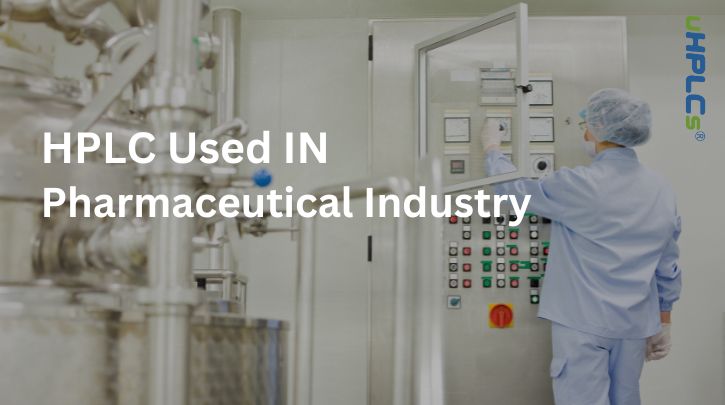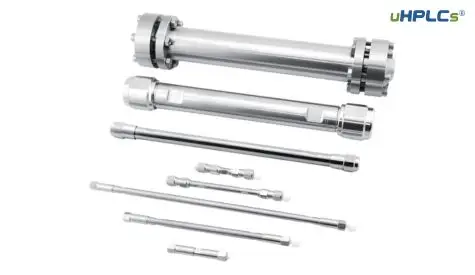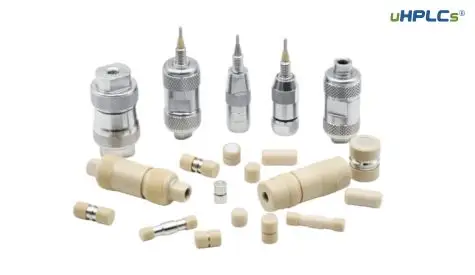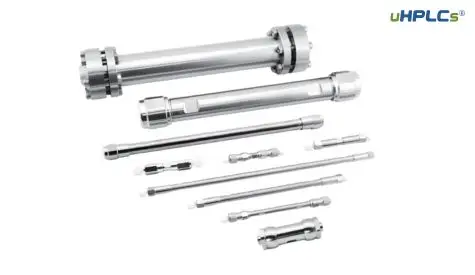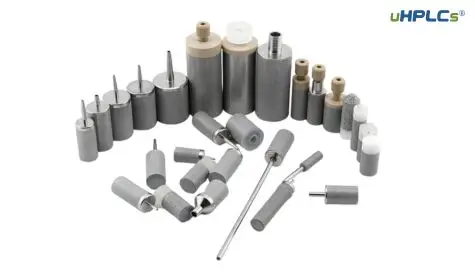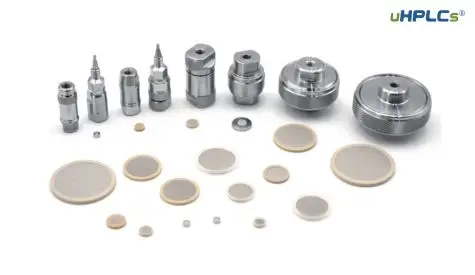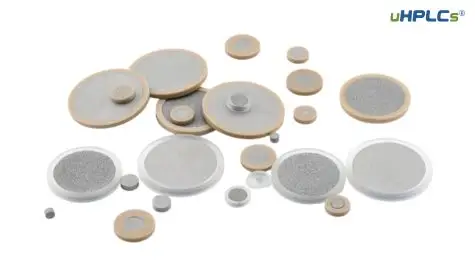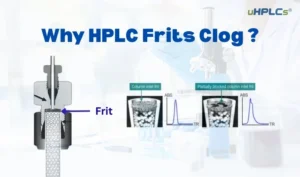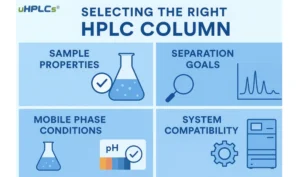How HPLC is used in the pharmaceutical industry
High performance liquid chromatography (HPLC) is a powerful analytical technique with a wide range of applications in the pharmaceutical industry. HPLC is used to separate, identify and quantify the individual components of complex mixtures. It is an important tool in drug development and quality control.
HPLC in Drug Development
HPLC is widely used throughout the drug development process. In the early stages of drug development, HPLC is used to identify and quantify active pharmaceutical ingredients (APIs) in drug candidates. HPLC is also used to characterize the purity, potency, and stability of pharmaceuticals.
During drug development, pharmaceutical companies must ensure that their products meet stringent regulatory guidelines. HPLC is used to ensure drug candidates are safe and effective, and to identify any potential issues that may arise during development. By using HPLC, pharmaceutical companies can optimize their drug development process and quickly identify any problems that may arise.
Once drug candidates are selected, HPLC is used to develop formulations and optimize manufacturing processes. HPLC is used to monitor the quality of raw materials and intermediates as well as final products to ensure they meet the required standards.
HPLC in quality control
HPLC is an important tool for quality control of pharmaceuticals. HPLC is used to check the quality of raw materials, intermediates and finished products. HPLC is used to verify the identity, purity, and potency of a drug, as well as to detect any impurities or degradation products.
In quality control, HPLC is used to ensure that pharmaceuticals meet stringent regulatory requirements. HPLC is used to verify that pharmaceuticals meet required standards for purity, potency, and safety. By using HPLC in quality control, pharmaceutical companies can ensure that their products are safe and effective for patients.
HPLC is also used to monitor the stability of drugs over time. Stability testing is an important part of the pharmaceutical quality control process, and HPLC is often used to monitor drug degradation over time. By monitoring drug stability, pharmaceutical companies can ensure their products remain safe and effective over the long term.
HPLC Compliance
Pharmaceutical companies must adhere to strict regulatory guidelines to ensure the safety and efficacy of their products. HPLC is an important tool for compliance. HPLC is used to verify that a drug meets the required standards and to detect any impurities or degradation products that may be present.
HPLC is also used to monitor manufacturing processes to ensure their consistency and reproducibility. HPLC is used to verify that raw materials and intermediates used in the manufacturing process meet the required standards.
By using HPLC for regulatory compliance, pharmaceutical companies can ensure that their products meet stringent regulatory requirements set by government agencies. HPLC is critical to ensuring that medicines are safe and effective for patients.
Characteristics of HPLC applied in the pharmaceutical industry
There are a number of important characteristics to consider when using high performance liquid chromatography (HPLC) in the pharmaceutical industry. Here are some key features to look for when selecting an HPLC system for drug discovery:
- Accuracy and Precision: HPLC systems should have a high degree of accuracy and precision to obtain reliable and reproducible results.
- Sensitivity: The HPLC system should be sensitive enough to detect even trace amounts of impurities or degradation products.
- Flexibility: HPLC systems should be flexible, allowing a wide range of applications and methods.
- Ease of use: HPLC systems should be easy to use, with intuitive software and a user-friendly interface.
- Reliability: HPLC systems should be reliable, with minimal downtime and low maintenance requirements.
- Compliance: The HPLC system should meet compliance requirements, including those set forth by the FDA and other regulatory agencies. By choosing an HPLC system that meets these key characteristics, pharmaceutical researchers and developers can ensure they have a reliable and efficient tool to do their jobs.
Conclusion
In conclusion, HPLC is a critical tool in the pharmaceutical industry. It is used throughout the drug development process, in quality control, and in regulatory compliance. HPLC is essential for ensuring the safety, efficacy, and quality of pharmaceutical products.
By using HPLC, pharmaceutical companies can optimize their drug development process, quickly identify any problems that may arise, and ensure that their products are safe and effective for patients. HPLC is also essential for ensuring that pharmaceutical products meet strict regulatory requirements and remain stable over time.
Overall, understanding how HPLC is used in the pharmaceutical industry is critical for anyone working in the field. By appreciating the importance of this powerful analytical technique, you can help to ensure that pharmaceutical products are safe, effective, and of the highest quality.
If you’re interested in learning more about how uHPLCs can benefit your research, please contact us today. Our team of experts is available to answer any questions you may have and help you find the right solution for your needs. Fill out our contact form or give us a call to get started.

